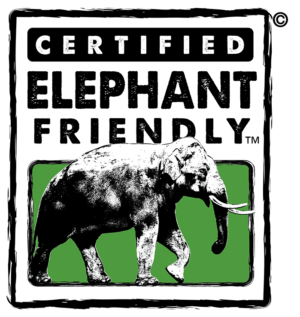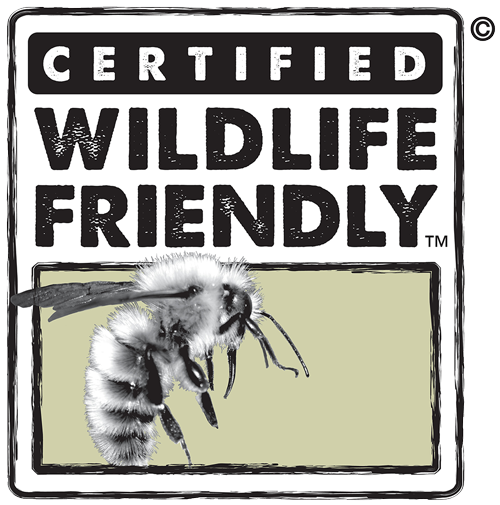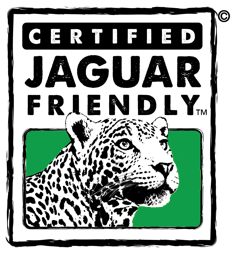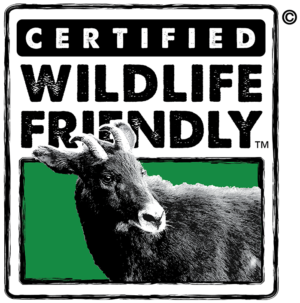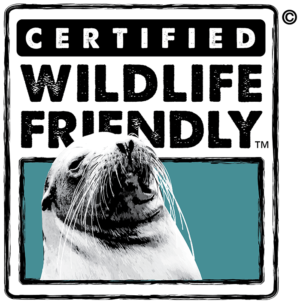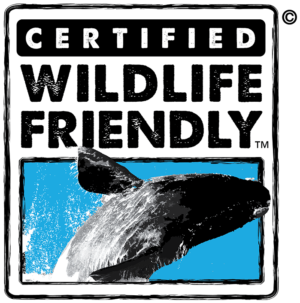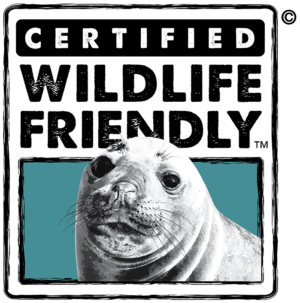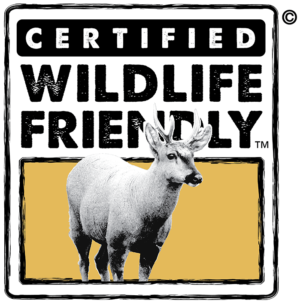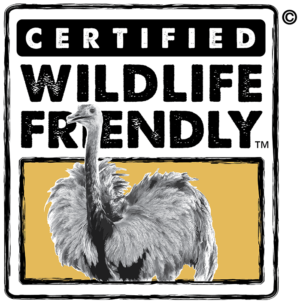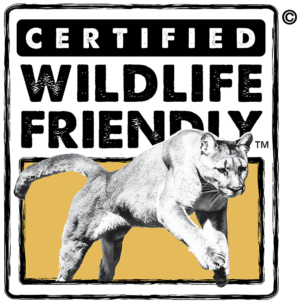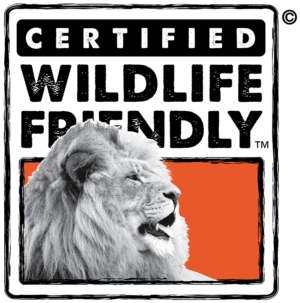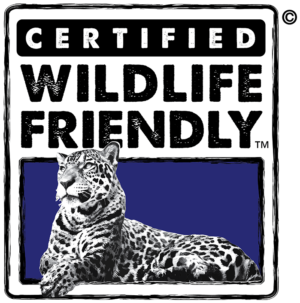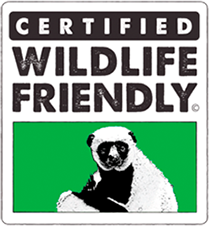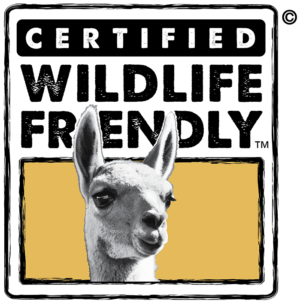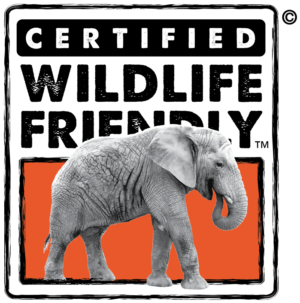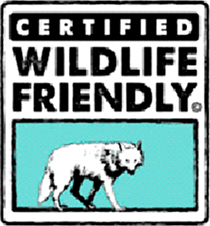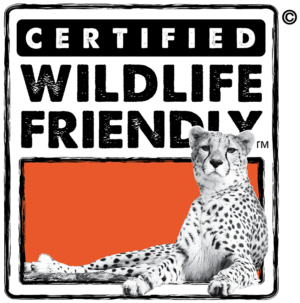Assam, India
The Conflict
Asian elephants are one of the world’s most iconic and beloved wild creatures, and threatened with extinction. Habitat loss and fragmentation are some of the greatest threats to Asian elephants, and the mortalities and injuries that occur within and around tea plantations have great impact on wild elephant populations. Harm or death can result from conflicts with humans in the tea-growing areas, as the blockage of natural movement corridors between forest habitat areas that were once prevalent across the region prior to the establishment of tea estates has brought elephants into direct conflict with people. Some tea estate management practices have also led to a significant number of elephant deaths or injury, but can be preventable. Our goal is to develop a program that will reduce the risks to elephants in partnership with tea producers and their communities, creating a win-win scenario to help save the Asian elephant.
The Solution
This University of Montana led effort is has spent almost a decade building community-based partnerships in India to inspire changes in tea plantation management and engage local communities with the goal of creating ripple out positive impacts and a decrease in elephant (and human) mortality as a result of these efforts. Despite the patchwork of effective programs, larger scale efforts across elephant range areas are urgently needed, and this program aims to support this vision.
The Conservation Enterprise
Assam, India now produces more than a billion pounds of tea per year as one of two regions in the world with native tea plants (the other is in China), so elephant conservation challenges must include the tea industry if we are to sustain wild elephant populations long term. We propose that the costs of tea management actions to reduce elephant mortality and provide safe passage for elephants would easily be embraced by consumers of the global tea market willing to pay just pennies more for a cup or a box of tea grown with practices that support elephant conservation. With 20% growth in the tea market in the USA in 2015 alone, and an increase in consumer interest in eco-friendly products, the timing is good for new products to reach the market.
As a response we are working to reward tea producers to grow Elephant Friendly™ tea that will, ultimately help save the elephants. The marketing of such tea can provide consumers with a choice that will help support elephant conservation through best practices and safe corridors, provide tea growers with economic incentives for their efforts, and will generate financial support for additional Asian elephant conservation efforts. Through consumer product labelling and a well-planned campaign to promote the certified tea products to consumers to match their desire to support on the ground elephant conservation efforts — a win-win for elephant conservation and the tea industry. Beyond Assam, in other tea growing regions of India and other countries that have similar elephant conservation challenges (such as Sri Lanka), this program is also sparking interest already.
For Certified Elephant Friendly™ Tea product sourcing information please contact one of our preferred distributors:
- Cindi Neiswonger at Inspired Leaf Tea
e: cindi@inspiredleaf.com
m: (541) 419-3480
- Lisa Mills at Elephant Origins
e: orders@elephantorigins.com
m: (406) 370-4052
To learn more about this innovative partnership with the University of Montana please visit the Elephant Friendly™ Tea website


